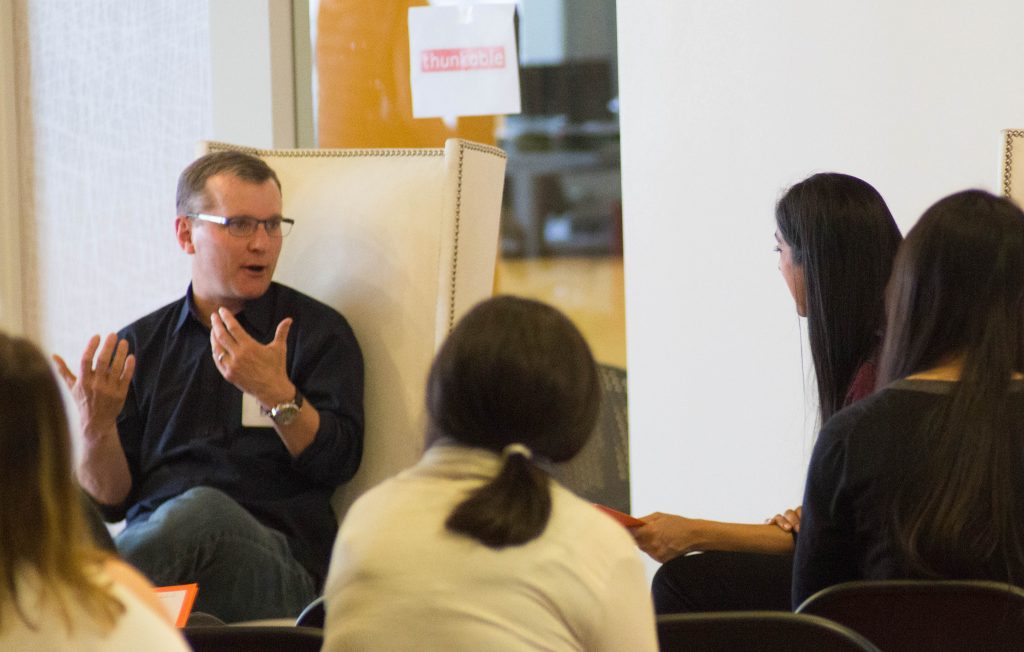Tim Brady is a partner at Y Combinator. Prior to joining Y Combinator in 2016, he was the founder of Imagine K12, an edtech accelerator, and employee #1 at Yahoo, where he became the Chief Product Officer. At brunchwork, he shared insights into Y Combinator.
Q: What does Y Combinator look for in startups?
First, we know that people’s initial ideas are not 100% right. It’s going to change.
A great team is important because they will need to adapt. Great teams have good starting points and can learn and react to that learning. But discerning whether a team is great or not is hard. It’s more art than science.
We need to know that everyone knows each other well. We like to say that founding a company is as hard, if not harder, than getting married. You don’t often hear of people successfully getting married after only knowing each other for a month. If the founding team doesn’t know each other well, it’s going to fall apart once they hit that first roadblock.
At Y Combinator, what are some challenges you see startups face?
Raising money is getting easier and easier, and the temptation to raise too much is very high. This can burn you. You don’t want to raise more money than you need because then you’ll be pushed to go faster than you’ll be able to. This can lead a great company to go off the rails.
Don’t forget the proverb: Necessity is the mother of invention. Being cash-strapped can help you. It will force you to be frugal and do things in a way that will set you on a healthier path for growth.
How can founders approach their investors about this kind of manageable growth?
Founders need to know who they’re taking money from. Do your homework. For example, VCs and angel investors are very different. Most angels are not professional investors. They invest because they care about the problem you’re solving and most won’t arm twist you into running faster than you necessarily want to. VCs are incentivized to push you fast, and sometimes that can force failure when it could’ve been a success.
What was it like being the first employee at Yahoo?
It was a very different time. There were no angel investors, only VCs, and there weren’t many. They were particular about who they gave their money to, so raising capital was more difficult.
For the first few months after I started in 1994, we weren’t making any money. I was sleeping on the floor in one of the founders’ apartments. At the beginning of 1995, we raised a million dollars and went public 14 months later. It was the beginning of the internet, and hype was very high. We were in the midst of this storm and we tried to hold on and not screw up. That was our mantra at the time.
When I started, there were four of us. I was on the business side and the other three were coders. We were learning as we went. Now, there’s so much information about entrepreneurship online.
What resources are helpful for founders building companies and seeking funding today?
I always point people to Y Combinators’s blog. We have 15 writers so there are a variety of opinions. We understand what the latest trends are and what is changing.
This interviewed was conducted by Simran Arora and condensed by Katherine Emley.

